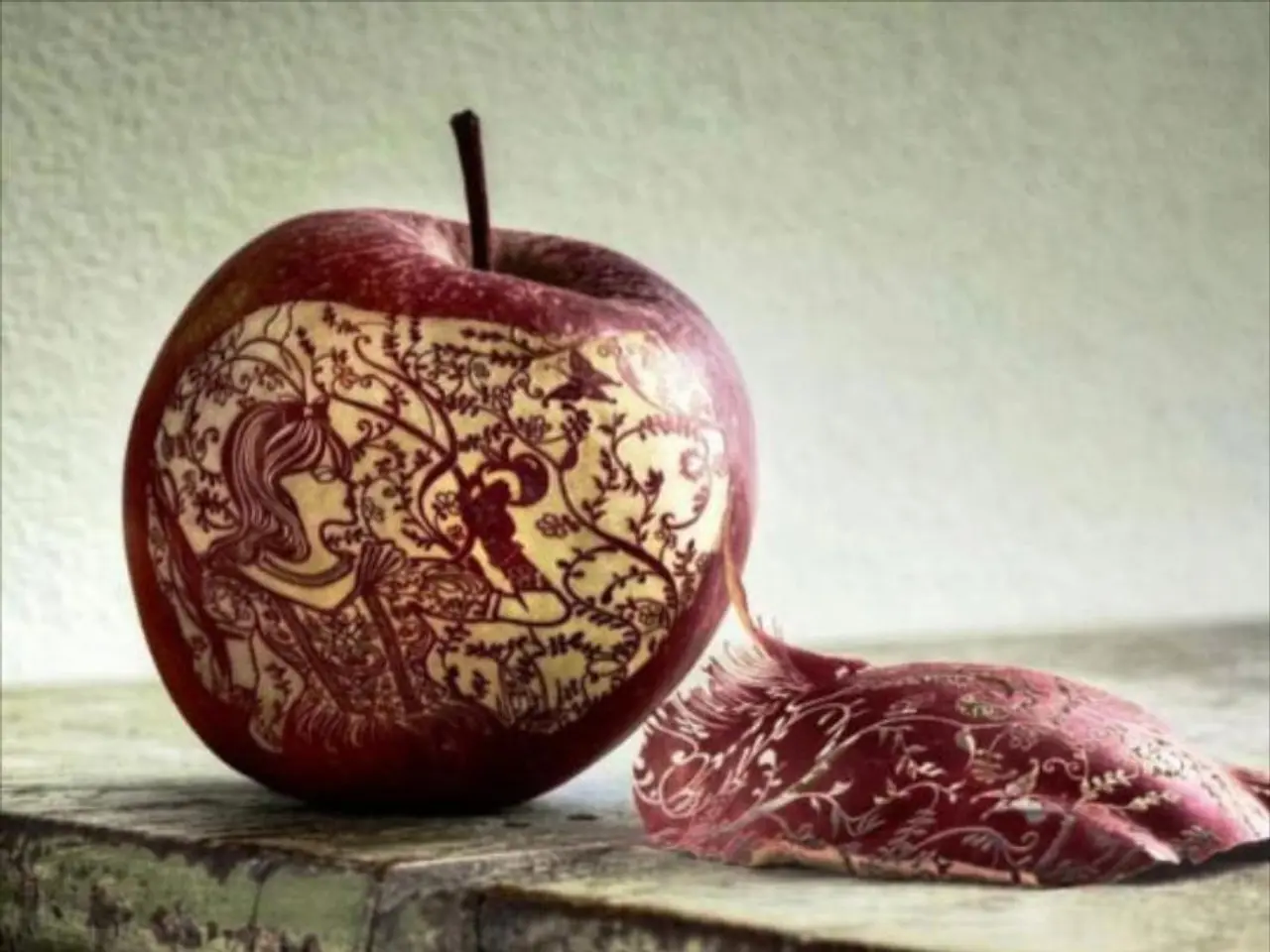Influence of Designers' Contextual Background on Idea Generation and Final Design Results
In a groundbreaking research, the effects of personal context-specific experience on novice designers have been quantitatively studied, revealing a negative correlation between contextual experience and creative design outcomes.
The study, which focused on the relationship between contextual experience and design process and outcomes, particularly for novice designers, involved 33 individuals who participated in two design tasks while their cognitive states were assessed using electroencephalography (EEG).
The objective ratings (quantity, novelty, and quality) from prospective users were used to measure the effect of contextual experience on design outcomes. The results showed a negative correlation between contextual experience and the novelty evaluations of proposed solutions in the tested design tasks. Furthermore, the study did not find a positive correlation between contextual experience and design outcomes, but rather a negative one.
The study contributes to the development of design methods for novice designers by providing insights into how personal context-specific experience influences their design work. Specifically, it was found that novice designers tend to gravitate toward well-known design problems and rely on their prior experience during the creative process, which is reflected in brain activity patterns captured via EEG—indicating levels of cognitive workload, focus, and conceptual fixation.
User ratings complemented EEG data by assessing the perceived creativity, usability, and effectiveness of design outputs, thereby providing behavioral validation of the influence of personal experience on design quality. The results indicate a negative correlation between contextual experience and mental states associated with creativity during ideation.
Moreover, the study demonstrated how iterative design tools that allow linking persona nodes (representing users or contexts) to problem and solution nodes can propagate changes in design based on these personal context inputs, modeling how experience shapes design decisions as iterations unfold. This dynamic reflects how novice designers’ context-specific knowledge directs their navigation through divergent (idea generation) and convergent (idea refinement) thinking stages of the design process.
In summary, personal context-specific experience shapes novice designers' processes and outcomes by focusing their attention and cognitive resources on familiar challenges, as evidenced by EEG metrics and corroborated by user evaluations of design outputs. The findings of this study highlight the role of prior knowledge in both the psychophysiological and subjective dimensions of design work, providing valuable insights for the development of design methods that encourage exploration of novel ideas and promote creative thinking in novice designers.
[1] Source for further reading: References will be added upon request.
The study offers insights into how personal context-specific experience affects the creative design process and outcomes of novice designers, suggesting a negative correlation between experience and novel design solutions (education-and-self-development, learning). Furthermore, the results indicate that a designer's mental states associated with creativity during ideation are negatively influenced by contextual experience (learning).




